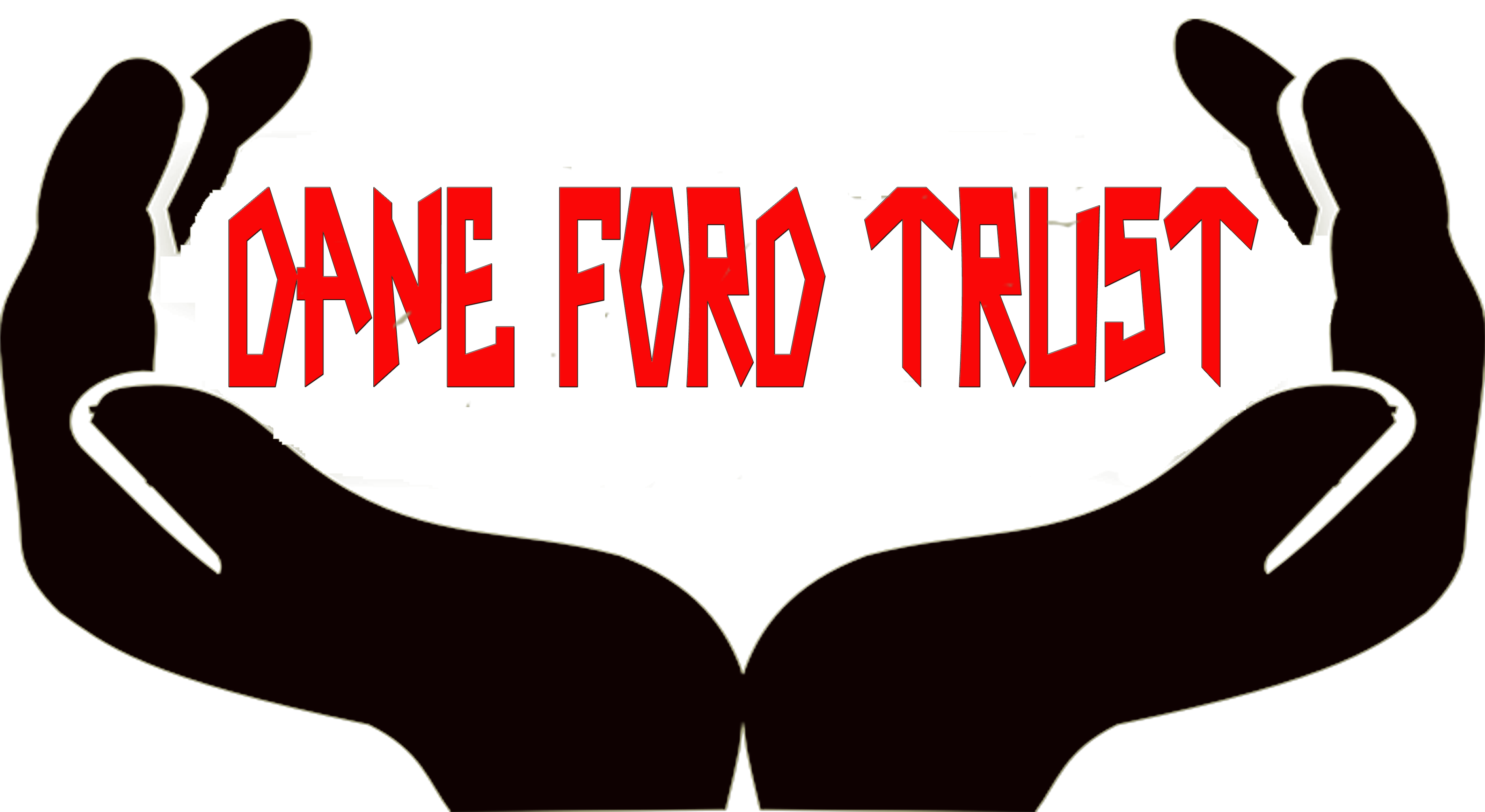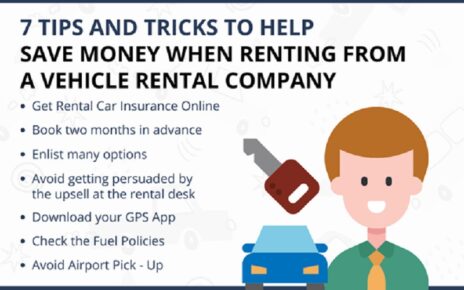Despite the fact that credit scores are becoming increasingly important, many people still have misconceptions about them. This is because most people only have a fundamental understanding of credit reports and credit scores. Many of them have no idea what a credit score is at all. It’s a popular misconception that CIBIL score check free online by pan number
will hurt it, getting rid of old credit cards would help it, and delaying loan applications means you’re probably going to have money issues. The only people who should routinely check free CIBIL score to see where it sits in the credit score range are those who are applying for a loan or credit card.
It is now more important than ever to steer clear of these myths and take actionable steps like creating a CIBIL login, keeping your credit usage ratio below 30{72c6282674b68c35ce05171fe748f6a25019872dbda8b63f3c37567f5de021a9}, paying your credit card and loan EMIs on time, and maintaining a healthy mix of credit.
You can lower it by obtaining a copy of your credit report.
The lender will ask one or more credit agencies for a copy of your credit report when you apply for a loan or credit card, in order to check free CIBIL score. They can assess your creditworthiness by looking at where your credit score falls on the credit score scale and whether it is on the low or high end.
A hard inquiry occurs when a lender formally demands your credit report. Each hard inquiry is noted in your credit report once you have finished the CIBIL login registration. Each of these inquiries results in a little reduction in your credit score. Soft inquiries are requests you make on your own through online financial portals or the websites of credit bureaus for copies of your credit report. Your credit score is unaffected by them in any way.
Only those looking for credit cards or loans should keep an eye on their scores.
The information in your credit report is what forms the basis of both your credit score and the range of credit scores, so any inaccuracies or omissions could affect your score. To prevent overlooking any errors or potential fraud that could have an effect on your credit score, it is advisable to frequently review your credit report.
By consistently doing CIBIL score check free online by pan number, you can see any problems and act as soon as you become aware of them. You will also get access to your credit score. At least once a year, you should ask for a free copy of your credit report from each of the four major bureaus. If you presently have a CIBIL account, you can do CIBIL score check free online by pan number yearly for free via the app or website.
To improve your credit score, renew unused credit cards.
People who have signed up for a CIBIL login and credit cards frequently believe that canceling their older cards will improve their credit score. However, doing so may damage your credit in a number of ways which can soon be seen when you check free CIBIL score. First of all, it lowers your overall credit limit, indicating that your credit usage ratio (CUR) would increase if you kept using your credit card at the same pace.
If your credit utilisation rate (CUR) is greater than 30{72c6282674b68c35ce05171fe748f6a25019872dbda8b63f3c37567f5de021a9}, lenders may presume you want more credit. Your score might be closer to the low end of the range as a result, which might cause a tiny drop in your CIBIL score. The second result of eliminating old credit cards is a decrease in the average age of your credit history. Because it is one of the factors used to calculate your credit score, a drop in the average age of your credit history could have a negative effect. This can damage your credit score and make it harder for you to get credit in the future.
If you don’t have a credit history, you are more creditworthy.
Another common misconception about credit scores is the notion that avoiding all forms of borrowing—including loans and credit cards—decreases your risk of missing payments on your debts. In reality, you won’t be able to build a credit history if you don’t use credit and don’t sign up for a CIBIL login, which means your credit score will be low or nonexistent. If you don’t have a credit history, lenders won’t know how you handle loan repayment and won’t be able to determine how trustworthy you are.
As a result, lenders commonly label first-time credit seekers as high-risk, which could make it more challenging for them to get loans or other forms of credit in the future. Borrowers with bad credit, no credit, or no understanding of it are frequently taken aback when informed of their credit score and are either outright rejected or charged a higher interest rate than those with better ratings.
Whether or whether you co-sign a loan deal or put your name on it has no bearing on your CIBIL rating.
If you co-sign a loan or act as a guarantor, both of you are responsible for timely debt repayment. Failures or late payments by the principal borrower would also show up on your credit report, which would lower both of your credit scores. As a result, make sure to pay your EMIs on time and keep an eye on any loan payments made to the account for which you co-signed or offered a guarantee. This will guarantee that your credit score stays in the higher half of the range as long as you make on-time payments on your guaranteed accounts, other loans, and credit cards.
So, as important as it is to learn the financial habits to build and/or improve credit score, it is equally important to unlearn or avoid believing the myths that can harm your finances later on, like the ones mentioned above. Sp either gather information through trusted financial planners or do your own proper research before blindly believing anything you hear or read.





